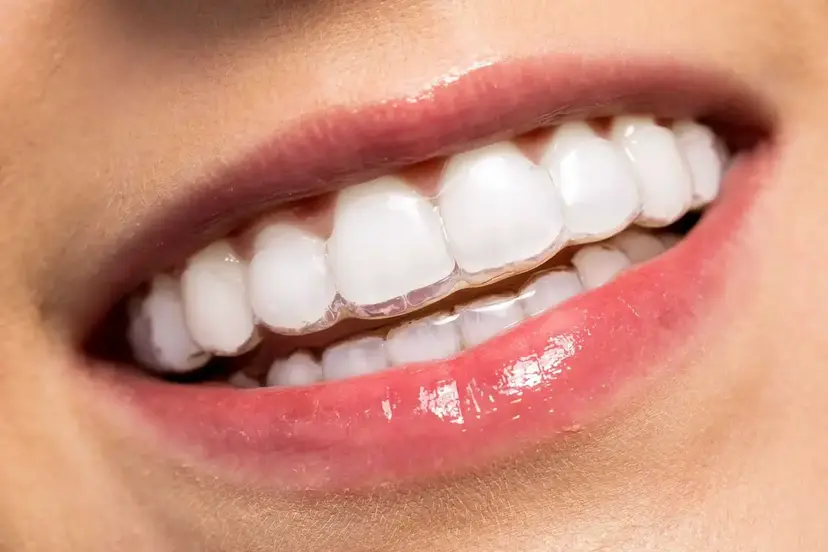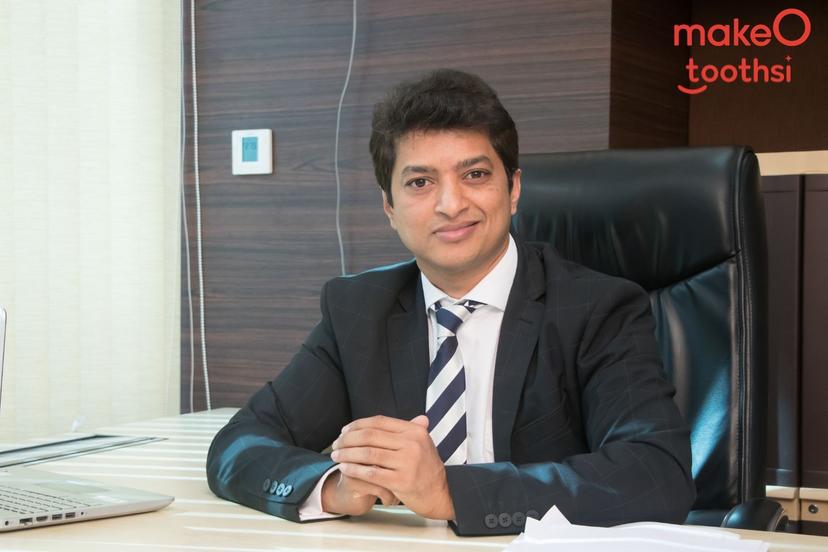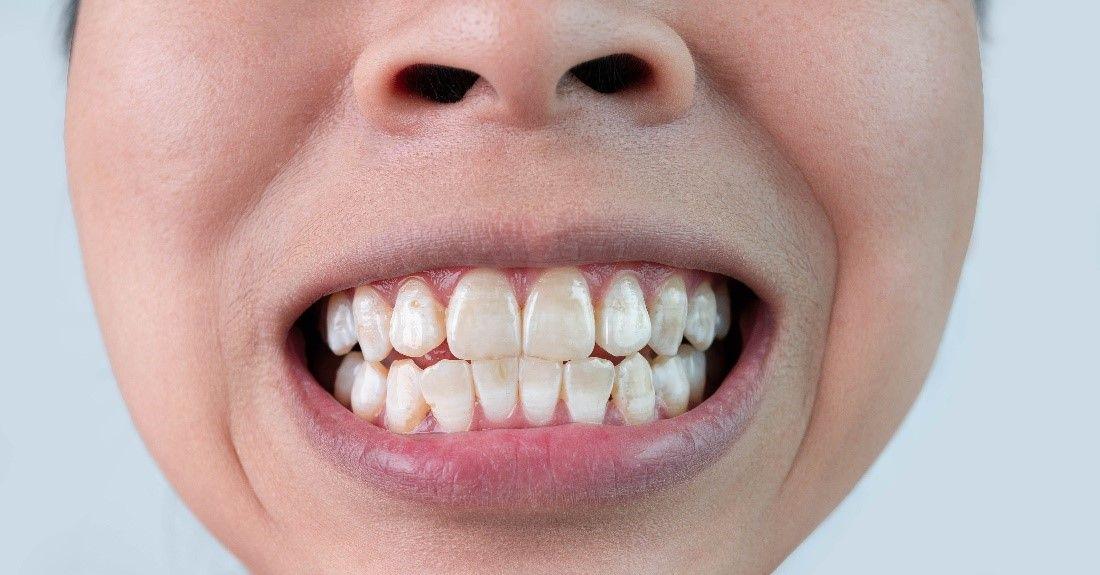MakeO blog
It's common to wake up in the middle of the night to the sound of your child grinding their teeth. Just like those bumps in the night or a child's growing pains, teeth grinding, often referred to as bruxism, is one of those mysterious and somewhat frightening phenomena that parents can be startled to encounter. But what is teeth grinding exactly, and more importantly, what can be done about it? Let's delve into the nitty-gritty of it.
What is Bruxism?
Bruxism, otherwise known as teeth grinding, is a condition where a person clenches their jaw and grinds their teeth together, often while they're asleep. This unconscious grinding can cause serious dental issues, including tooth enamel damage, headaches, earaches, and facial pain and jaw disorders. Bruxism is surprisingly common in children, with estimates suggesting that about 20-30% of kids experience it.
What Causes Bruxism?
While the exact causes of teeth grinding are not entirely understood, it's believed that these issues can be linked to teeth grinding:
- Stress
- Anxiety
- Depression
- Sleeping Disorders
- Misaligned teeth
In children, common causes include a response to pain (like teething or earache), a way to ease anxiety or even a response to certain medications.
What are the Symptoms of Bruxism?
Now, let's explore the symptoms of bruxism.
1. Grinding Sound During Sleep
Listen for the sound of grinding during sleep—it's often the most telling sign. Often, the first sign of bruxism that parents notice is a grinding or grating noise when their child is sleeping. This might be loud enough to wake up other family members.
2. Tooth Sensitivity
As the grinding wears down the tooth enamel, teeth can become more sensitive. Children might complain about pain or discomfort when eating hot, cold, or sweet foods.
3. Facial Pain or Jaw Ache
The constant clenching and grinding can cause persistent facial pain or discomfort in the jaw. Your child might mention a sore jaw or complain about pain in their face.
4. Headaches or Earaches
Chronic bruxism can result in recurring headaches or earaches. If your child has unexplained headaches, especially in the morning, bruxism could be a contributing factor.
5. Teeth Damage
Over time, bruxism can lead to visible damage to the teeth. Look for signs like chipped, loose, or flattened teeth.
6. Tired or Tight Jaw Muscles
Since bruxism involves the overuse of jaw muscles, your child might feel that their jaw muscles are tired or tight, primarily upon waking.
7. Changes in Sleep Patterns
Bruxism can disrupt sleep patterns. If your child is having trouble sleeping or experiencing nightmares, it might be linked to teeth grinding.
Remember, not every child with bruxism will show all these symptoms of bruxism. If you notice any of these signs, it's a good idea to schedule a consultation with a dental professional to get a proper diagnosis and treatment plan.
How to Treat Bruxism?
Treatment for bruxism focuses on preventing damage to teeth and reducing pain. Depending on the severity, your dentist might recommend wearing a mouthguard or correcting misaligned teeth with the use of orthodontic braces and clear aligners. If your child has an imperfect child, it is better to correct their teeth to avoid more enamel damage.
Want your teen to correct their smile without the pain and discomfort of braces? Choose makeO toothsi clear aligners. They are entirely invisible and are made with superior-quality plastic to snugly fit your mouth and gently push your teeth into the right position.
However, it's important to consult with a dental professional to get a comprehensive understanding of a child's dental issues and needs.
How to Stop/Prevent My Child from Grinding Their Teeth?
Knowing what is bruxism, its symptoms and treatment options is great, but how can you actively prevent it in your child? Preventing teeth grinding can involve various approaches. Here are some helpful tips to try deploying while working on stopping your child’s teeth-grinding habit:
- Encourage your child to relax and unwind before bed, as this can help reduce stress, a common trigger of bruxism.
- Ensure that your child cuts down on caffeine from aerated drinks, tea and coffee. This way you can reduce the chances of hyperactivity and anxiety in their bodies and avoid teeth grinding.
- Motivate your child to exercise and add movement to their daily life. This will help tire their bodies and improve sleep quality which will eventually lead to less teeth grinding.
- You can also help them by doing relaxing activities like meditation, listening to music and journaling to relax their minds!
- Consider solutions like the makeO toothsi clear aligners for children with misaligned teeth or bites. They can help correct the alignment, preventing undue strain on the jaw.
However, every child is different, and it's crucial to work closely with your dental professional to find the right solution.
Conclusion
While teeth grinding can be a concerning symptom to observe in your child, understanding what bruxism is and what causes teeth grinding can equip you with the knowledge to help them. With the right treatment plan, and with new mindful habits, your child's teeth grinding can be well managed, preventing any long-term damage.
FAQs
What is teeth grinding?
Teeth grinding, also known as bruxism, is when a person involuntarily clenches their jaw and grinds their teeth, often during sleep.
What causes teeth grinding?
While the exact causes are unknown, stress, anxiety, and sleep disorders can cause bruxism. In children, it could be a reaction to pain or anxiety.
How to treat bruxism?
The treatment of bruxism involves reducing pain and preventing dental damage. This might involve a mouthguard, or, in cases of misalignment, dental products like makeO toothsi clear aligners.
What are the symptoms of bruxism?
The symptoms of bruxism include a grinding sound during sleep, tooth sensitivity, facial pain, and, in severe cases, headaches or earaches.
related categories
Related articles

Types of Braces: Removable vs Fixed Braces, Which is Right For You?

This Diwali, Smile Bright With makeO Teeth Whitening Kit

Dr. Pravin Shetty: Pioneer in Lingual Orthodontics & Innovative Smile Solutions
How do I Know I’m the Right Candidate for makeO toothsi Teeth Aligners?

